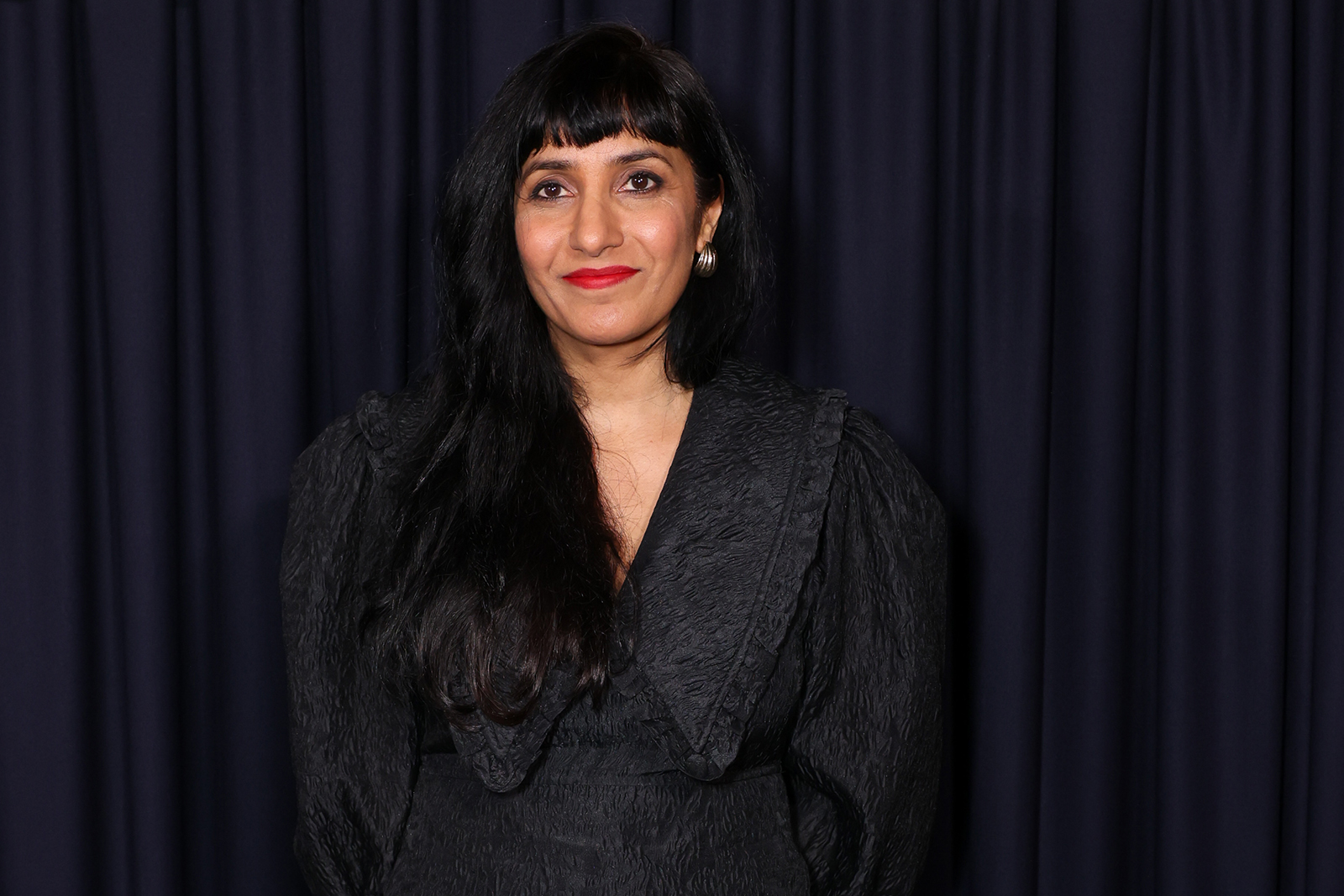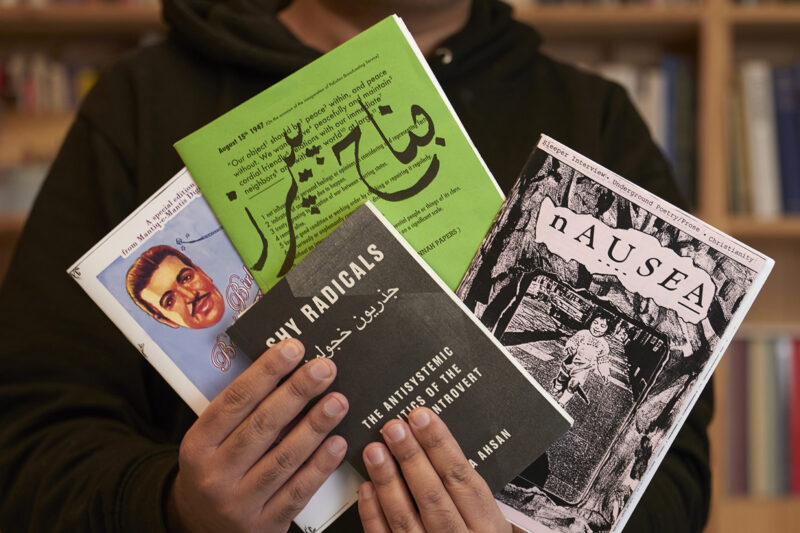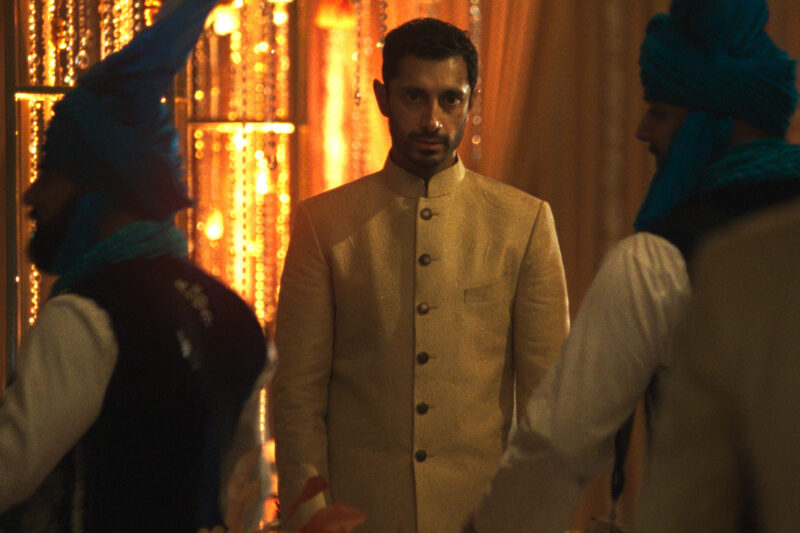Jane Austen: Rise of a Genius — Muslim director from Bradford reclaims the regency rebel

Ali Naushahi’s direction of the BBC series shows how the writer’s legacy lives in the imaginations of all marginalised women
Jane Austen: Rise of a Genius isn’t your standard-issue literary documentary. Yes, it’s timed for the 250th anniversary of Austen’s birth and is made by the BBC, which is preoccupied with eulogising British cultural greats. Yes, it features talking heads from the usual scholarly suspects. But what makes it significant is the director behind the camera: Ali Naushahi, a Muslim woman from Bradford whose connection to Austen transcends the academic.
In Rise of a Genius, Naushahi doesn’t just frame Jane Austen as a beloved English novelist — she reframes her as a cultural outsider, a rebel writing under economic duress and a still-vital feminist voice calling out across the centuries.
For Naushahi, who grew up in a working-class British-Pakistani family, Austen’s life is not some genteel period story. It’s an echo of her own. Similarly, my mother always spoke of her connection to Austen. Everything from Emma to Pride and Prejudice, she said, could be set in contemporary Sudan, where “a single man in possession of a good fortune, must be in want of a wife” was a largely acknowledged truth.

In an opinion article for the Guardian, Naushahi traces the links between her own family’s financial upheaval, precipitated by her father stepping down as a highly respected local imam, and the Austen family’s downward spiral after Jane’s clergyman father retired from his rural parish. “Though separated by culture, time and geography,” she writes, “like Austen I understood early the brutality of economics and just how vulnerable a family can become when its financial foundation is shaken.”
This deeply personal entry point animates the entire documentary, which could have easily fallen into the lace-and-teacups trap so common in Austen media. Instead, what we get is something that feels less like historical recap and more like literary detective work with emotional stakes. The series, narrated by Juliet Stevenson, avoids soft-focus nostalgia and zeroes in on Austen’s radicalism: her resistance to marriage as salvation, her class consciousness, her discontent.
you might also like
Featuring commentary from authors such as Paula Byrne, Candice Carty-Williams and Colm Tóibín, Rise of a Genius lays out how Austen’s signature narrative techniques and style are at the heart of her enduring appeal. As well as wit, Austen had a mastery of romantic chemistry, complex power dynamics and psychological realism that many modern writers still strive to emulate.
None of this is a revelation for longtime fans, but the framing matters: it is not Austen for the well-heeled white Oxbridge elite. This is Austen for the girl who reads in secret by torchlight after bedtime because she is so gripped by these perfectly composed sentences and sentiments, and who finds in those stories biting irony as a form of survival.
There’s something quietly political in all of this. Not in a preachy, capital-D diversity way — the documentary never feels like a pitch deck for inclusion or white feminism — but in its refusal to let Austen be flattened into a romantic icon or sanitised for mainstream consumption. Naushahi presents Austen as a writer who had to negotiate power, reputation and gender politics with precision and fire, reflecting the experience of many women creatives of colour today. It’s not hard to see how a South Asian woman in British media might feel kinship with a woman whose brilliance was underestimated in her own lifetime.
While the documentary wears its scholarship lightly, it’s clearly crafted by someone who has done the reading and lived the life. The most compelling segments explore Austen’s ability to say so much within constrained social settings — not unlike diasporic storytelling, which often has to struggle to contain its multitudes within boundaries of respectability, repression and code-switching.
Related content
What’s most important in this assessment of Austen is that it makes the late, great novelist feel alive again, as a woman of ambition, wit and rage.
If you’re the kind of person who was once handed Mansfield Park as a school assignment and presumed it was stuffy and irrelevant, this series might surprise you. And if you already loved Austen, Rise of a Genius serves as a tool to deepen that love by showing how her legacy lives on, not just in English departments and corseted costume dramas, but in the imaginations of women like Naushahi. Women who know what it means to write from the margins and still be heard.
In reclaiming Austen from her own perspective, Naushahi accomplishes something rare: she destabilises the literary canon by expanding who gets to claim it. For many of us, and especially those who grew up straddling cultures, we hunger for nuance and rarely see our intellectual lives reflected on screen. The Austen in Rise of a Genius is the one we’ve been waiting for.
Jane Austen: Rise of a Genius is now streaming on BBC iPlayer.
 Newsletter
Newsletter















